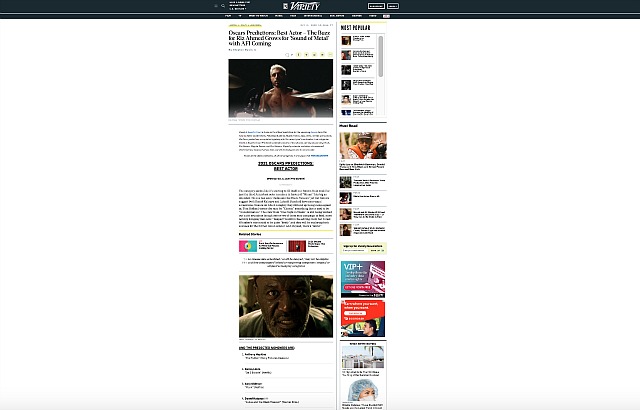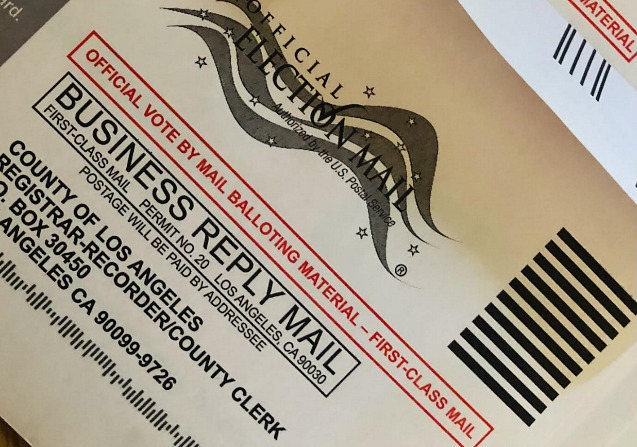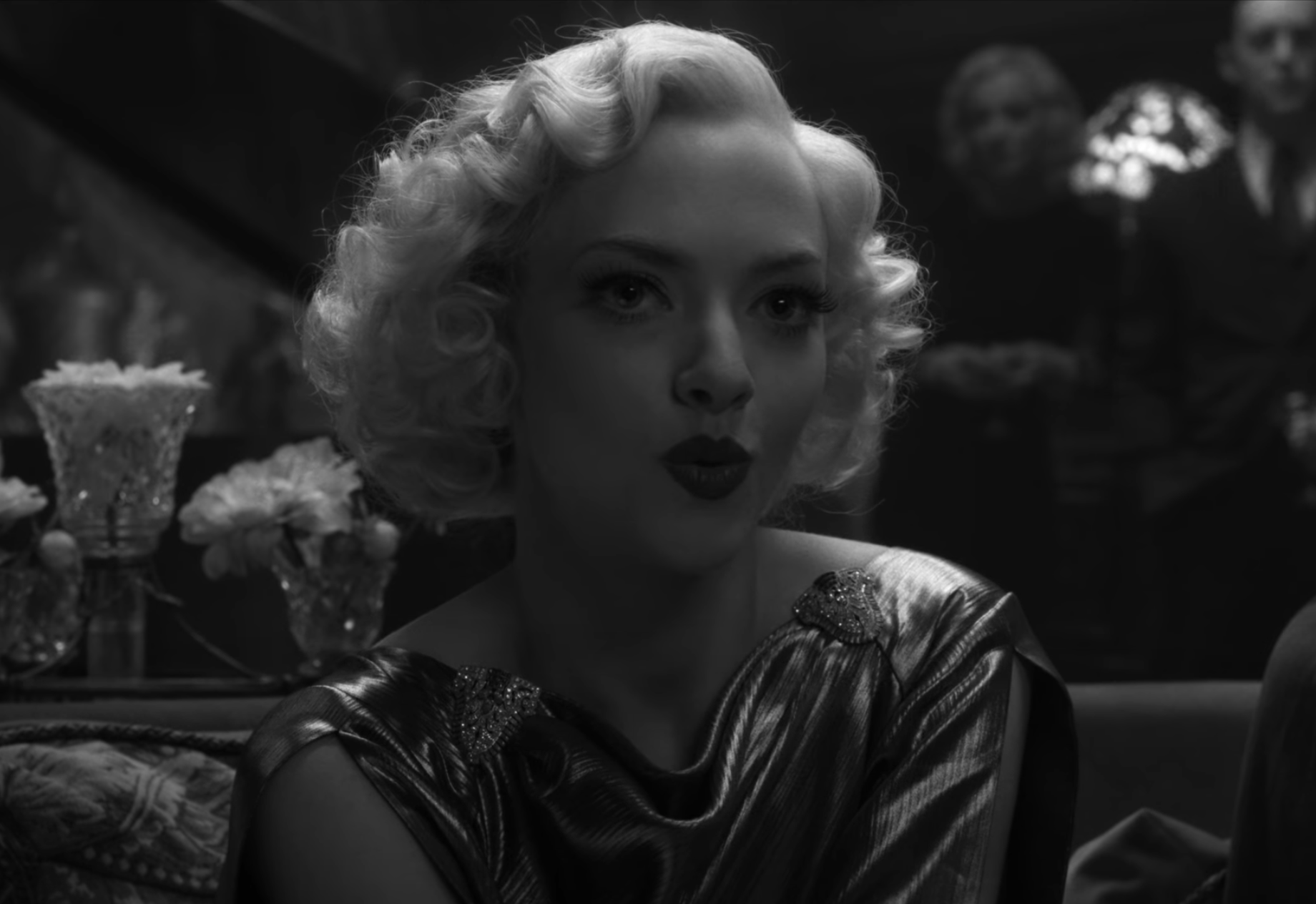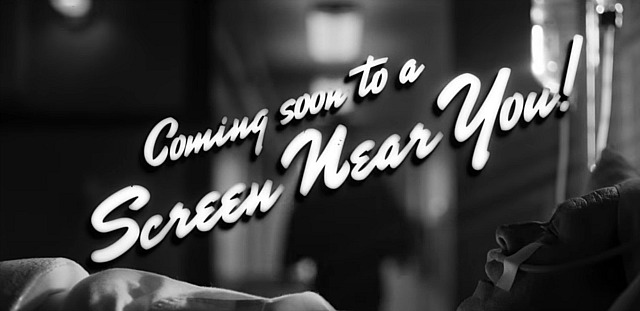In a 10.8 Variety piece, award-season prognosticator Clayton Davis has picked some Best Actor favorites. Here they are plus my two cents:
1. Anthony Hopkins, The Father (Sony Pictures Classics) / HE sez: Definitely.
2. Delroy Lindo, Da 5 Bloods (Netflix) / HE sez: Due respect for a strong performances, but I think Lindo belongs in supporting as Spike Lee‘s back-to-Vietnam film is an ensemble.
3. Gary Oldman, Mank (Netflix) / HE sez: Haven’t seen David Fincher‘s period film, but almost certainly.
4. Daniel Kaluuya, Judas and the Black Messiah (Warner Bros.) / HE sez: This means Clayton has seen it, I presume. I haven’t, and I haven’t heard squat. Anyone?
5. Steven Yeun, Minari (A24) / HE sez: Haven’t seen it, but the reviews don’t exactly scream “holy shit, drop to your knees…Steven Yeun hits it out of the park!” The Sundance reviews were positive, approving, respectful.
Second Tier:
6. Tom Hanks, News of the World (Universal Pictures) / HE sez: Nobody’s seen the film, but the New Academy Kidz would prefer to award an actor of color. Or so I understand.
7. Riz Ahmed, Sound of Metal (Amazon Studios) / Variety‘s Owen Gleiberman sez: “Ahmed plays Ruben as a sweet but blunted outsider who confronts his ]increasing deafness] the same way he does everything else: with poe-faced blankness.” Doesn’t sound like a Best Actor performance to me.
8. Kingsley Ben-Adir, One Night in Miami…” (Amazon Studios) / HE sez: A steady-as-she-goes performance as Malcom X in a good film, but calm down.
9. Dev Patel, The Personal History of David Copperfield (Searchlight Pictures) / HE sez: You think?
10. Tom Holland, Cherry (Apple TV Plus) / HE sez: Haven’t seen it.











